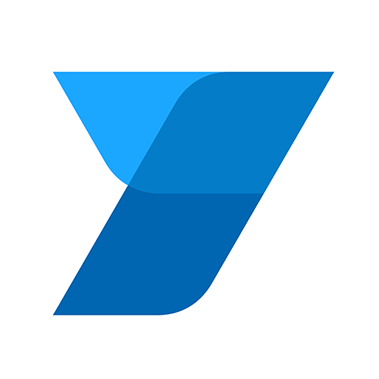Structured trade finance is used primarily in the commodity and inventory sector by traders, producers, and processors.
Structured trade products are mainly warehouse financing, working capital financing, and pre-export/import financing. Some lenders extend lending and finance for the conversion of raw materials into products in addition to payment guarantees to suppliers.
Historically, $8 trillion worth of trading activities internationally has included LCs supporting $3 trillion of trading activities. One-third of all trading transactions in the world used more than two trade finance products.
Some lenders will provide payment guarantees to suppliers to extend comfort during the manufacturing process that enables surety of payment release upon performance/shipping.
What is the structured side?
Letters of credit, bank assurances, trade credit insurance, export factoring, term loans and forfeiting are some of the structured trade finance products commonly used by Australian companies.
Essentially a provider will bundle together multiple products to facilitate funding through the full trading cycle or supply chain.
Transactions funded through structured trade finance products are often not reflected in the company’s balance sheets and the presence of financing options has helped importers to have flexible credit terms with exporters.
Structured trade finance products can be found outside of banks by a handful of specialised providers. Options are minimal largely due to the expertise involved in funding transactions where balance sheet or Director’s personal assets don’t fit traditional banking facilities.
Where a client does not have supported trading history, assets or cash to support supplier payments or for raising funding against foreign receivables, non-bank providers such as Stak focus solely on the strength of buyer counterparty risk rather than the clients own credit.
Identifying trade financing clients
Clients requiring funding for supplier payments are often turned down by banks for a line of credit or upon LC application due to lack of assets or cash to secure LC production.
Commonly, LC’s are raised as a payment guarantee and protection tool to cover off performance risk when dealing with foreign suppliers.
Generally, clients have secured sales orders from creditworthy local or overseas buyers.
Funds are needed to procure inventory from third-party manufacturers or finished goods from larger producers for distribution.
In some cases where the client is the manufacturer or producer, trade finance can be provided for the production of goods to satisfy a contract or sales order. Production often carries with it additional risks and also falls into the category of “inventory” rather than “traditional trade finance”. The risks are often offset by structuring in additional collateral in case of non-performance.
Depending on the supplier and country LC’s can be structured for release upon shipment or to cover the production. This is often the case when a supplier needs assurance that goods will be paid for if they invest in manufacturing customised goods that cannot be resold.
Non-bank providers are very reluctant to fund deposits to suppliers due to performance risk. If a supplier fails to produce goods or produces goods not to specification this risk then falls back on the borrower who may not be capitalised to repay.
Letter of credit payments is just one method of funding suppliers payments. Payments are often structured to suit a variety of scenarios and LC’s are not always required.
Each supplier and importer often have different terms or cycles where funds need to be provided during the supply chain such as documents on exchange or open credit terms requiring funding against receivables to repay suppliers within terms while still maintaining terms with local or foreign buyers.
Find out if Stak can provide funding for supplier payments
. . .
We regularly share our thoughts on trade finance, lending, company culture, product strategy, and design.
Stak works with clients that sell to some of the largest buyers in Australia & overseas.


